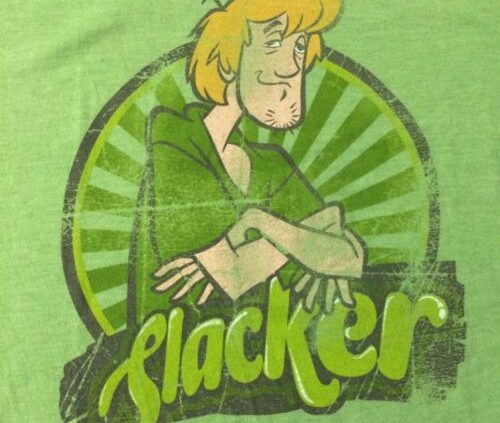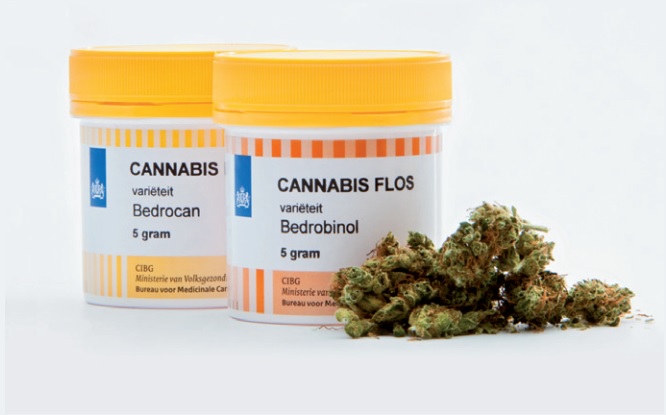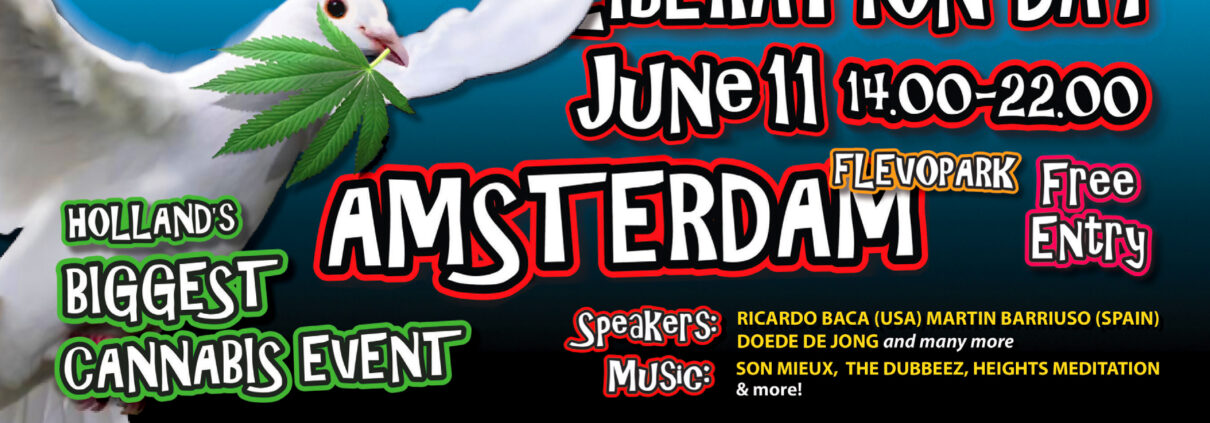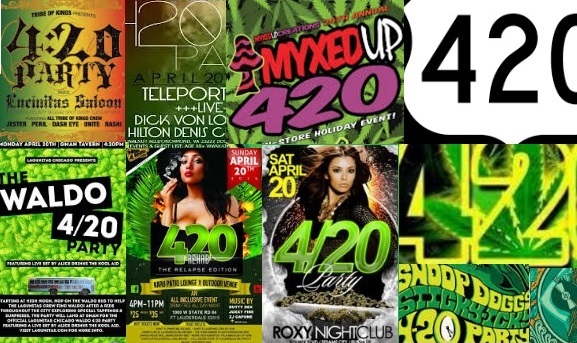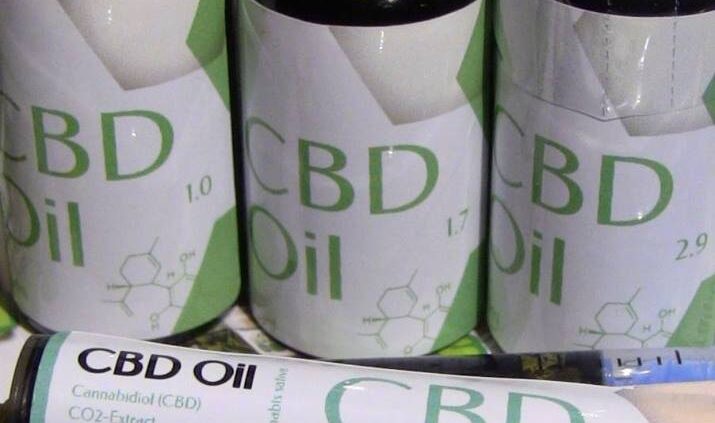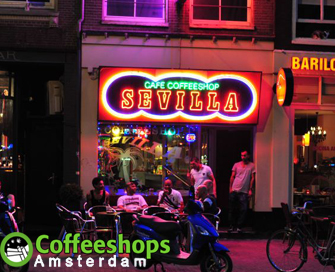“Cannabis has been wronged for years”, says Janna Cousijn, researcher at the University of Amsterdam. “toking every day does not have to be a problem.”
Cannabis use has been thwarted by stereotypes for decades, ranging from false claims of it causing uncontrollable sexual impulses and murderous insanity, to it creating a whole generation of lazy, good-for-nothing ‘slackers’.
Biological Psychologist, Neuropsychologist, Cousijn, has been conducting rigorous studies on the effects of cannabis use, in her role as assistant professor in Clinical Developmental Neuroscience. She explains to Amsterdam newspaper Parool: “A lot of cannabis research compares tokers with non-users. I look at differences within the group of regular tokers; people who smoke weed almost every day. I’ve found that some are addicted and have problems, and some don’t. Rough estimates say that half are fulfilling a job, with a family, and the other half are getting into trouble.”
Cousijn says her latest study helps to distinguish between regular cannabis users and those with a dependence. And at the same time tests the validity and clinical value of the laboratory research methods, in real-life settings. These studies help to advance knowledge on the underlying behavioral and neural mechanisms at play, and focus upon approach-bias within different contexts.
Remarkably, Cousijn, in a passing comment when asked if she uses cannabis herself, seems to play into the generalization which she refutes in her study, when saying: “No, never. I do not like to lose control. I always want to have the cleanest disposition of my own mind and body. Hard work may be my addiction.
Dabbing is the act of applying heat to a cannabis concentrate, most often by way of a dab-rig, a device much like a conventional bong or water pipe, but equipped with a special nail to hold the substance. There are different terms for what is smoked, including wax, earwax, dab, shatter, butter, glass and honey oil.
There are two main kinds of oil based on how they are made, Butane Hash Oil BHO, and Alcohol Hash Oil AHO. Both methods help to extract the desired concentrate.
The dabbing substances can have a very high THC content and are rich in terpenes and terpenoids, organic compounds which help amplify the aromas and flavors.
The ability to isolate specific chemicals, such as CBD and THC, when produced, make dabs and oils favored by medicinal marijuana patients. Highly concentrated forms of CBD (a substance with many health benefits but without the ‘high’ produced by THC) for example, are created by these same methods of extraction.
Due to the strict regulations in Dutch coffeeshops, and the fact that cannabis oil is a scheduled substance in the Netherlands, you cannot purchase extracts and concentrates that contain THC.
In a letter addressed to the Dutch senate, the Mayor of Amsterdam, Van Der Laan, reiterated that medical cannabis should be easier to get for patients.
Last September, Van der Laan notably lent his support to Rudolf Hillebrand, an Amsterdam AIDS patients who uses medical cannabis, and who’s house and medical garden is threatened by the housing corporation, Eigenhaard.
The Mayor suggests that consultation should take place between the parties involved, pharmaceutical companies, health insurance companies, with aim to make a clear and sensible policy, obviously beneficial for the patients.
The new Dutch coalition government is currently under reformation, and considering the details of policies that will effect regulation of medical cannabis cultivation, and the coffeeshop supply chain, among other issues.
Following the legalization of cannabis in Colorado, the state has to now figure out how to facilitate and regulate places where cannabis consumers can enjoy their weed and hashish in safety, and relative comfort. In Colorado there currently exist around 30 private pot clubs, operating on a loose patchwork of uncertain rules.
A blueprint for such smoking areas could be the cannabis coffeeshops of Holland, but law makers in Colorado recently refused the chance to be the first state in the U.S to regulate pot clubs. “Given the uncertainty in Washington, this is not the time to be trying to carve off new turf and expand markets and make dramatic statements about marijuana”, Governor Hickenlooper told The Denver Post.
Seeing how that after weed was decriminilized in 1976 it took Dutch politicians more that 40 years to figure out the best regulation strategy for Holland, we can imagine tokers in Colorado are not holding their vapor laced breath, just yet.
The 8th Cannabis Liberation Day (Cannabis Bevrijdingsdag) will take place on June 11th 2017, 2pm till 10pm. The event is free. On Cannabis Liberation Day we celebrate the international cannabis culture and show how much good this plant has to offer. Cannabis Liberation Day calls for tolerance and widespread use of hemp as durable resource and challenges the criminalization of the plant, the cannabis consumers, coffeeshops and cultivators.
In addition to the stage program with artists, speakers and DJs from home and abroad there is a big Hemp Market, a Cannabis Film Festival in Europe’s biggest ger (Mongolian nomadic tent), a reggae and dub area with sound systems, a Vape Lounge and a mouth watering food and drinks area.
Cannabis Liberation Day will again be held at Flevopark, the greenest park of Amsterdam.
The 20th of April (420 in the American calendar), has spread around the world as a number to signify cannabis. What started with an almost arbitrary time to meet up for a toke, became one of the strongest memes for cannabis. A code, a time, and a date.
The term was coined in 1971 by a group of five San Rafael High School friends, who called themselves ‘the Waldos’ because they met up by a wall just outside the school, at 4:20.
New generations put their own spin on it, but the core of the meaning remains: time to celebrate cannabis with friends and relax.
Cannabidiol CBD is one of the active compounds found in Cannabis. CBD has a wide scope of potential medical applications and is used as a remedy for a growing amount of ailments including MS, arthritis, antibiotic-resistant infections, epilepsy, diabetes, alcoholism, chronic pain, schizophrenia, PTSD, depression, and other neurological disorders.
CBD has many health benefits, but unlike its better known counterpart, THC (Tetrahydrocannabinol), it lacks the psychoactive effect associated with cannabis.
With CBD available in increasing strenghts and with a wide range of CBD products on the market including food, candy, drinks and body care products, there are now many ways people can try this cannabis extract and receive its benefits.



